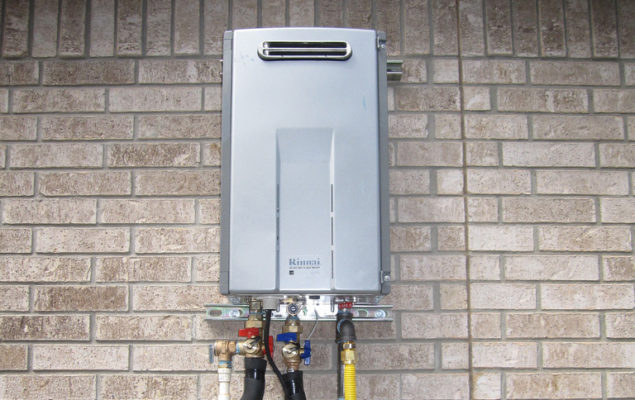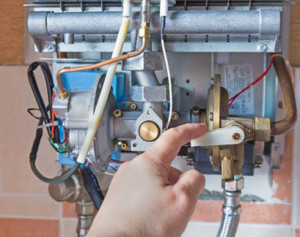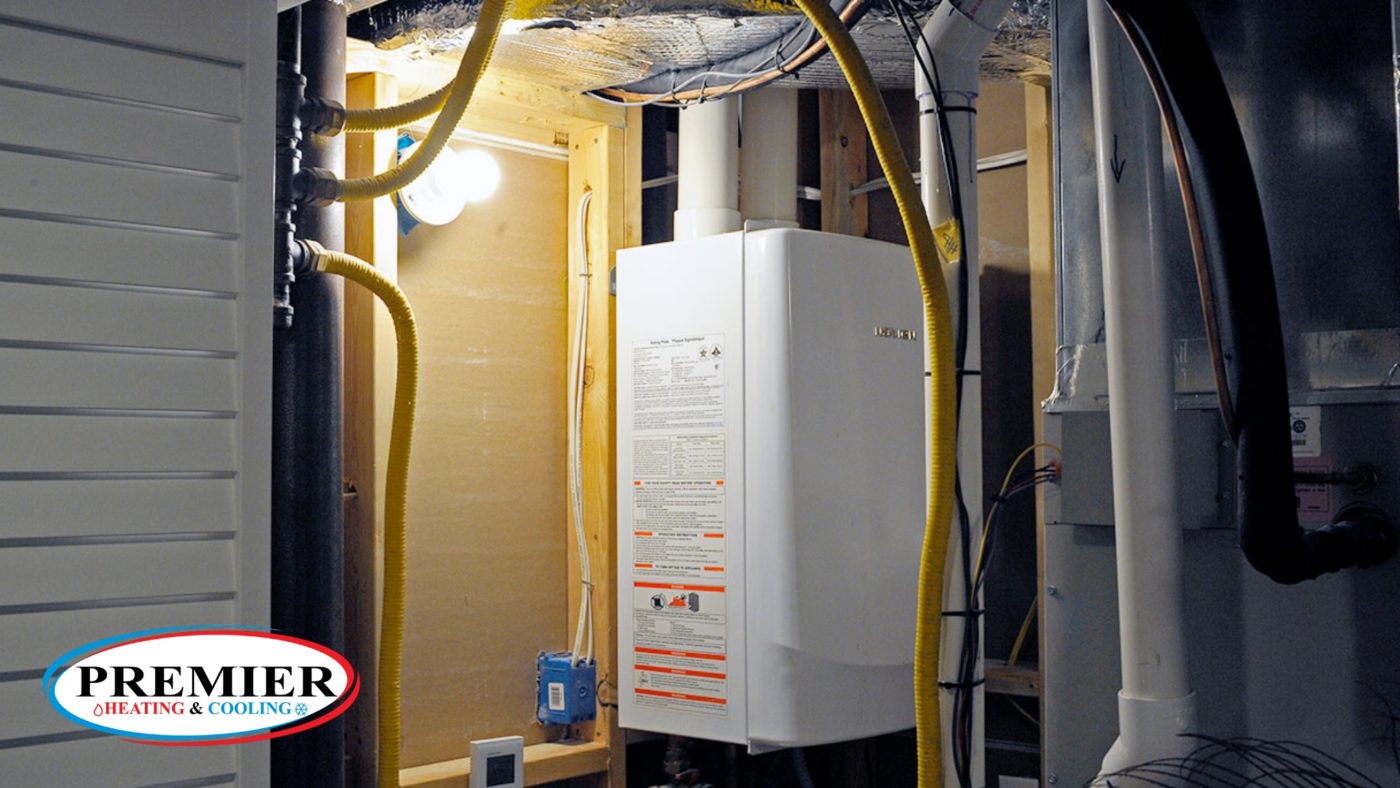Tips, Hot Water Heater
Tankless Water Heater Filters
The tankless water heater is becoming a standard piece of equipment in homes. Many models are much more efficient than your average tank models, and this also translates to less costly maintenance and more peace of mind. One question might remain, however: how do these heaters deal with water impurities? Many require a special water filter, installed on the incoming water line, to handle the stuff you don’t want.
Why Add Filters To Your Tankless Water Heater?
 The water filter needs to be installed as water comes into the home to allow the filter to remove impurities before they reach the tankless water heater. Tank heaters usually deal directly with all the impurities you might find in your water, so keeping your tankless model in good order requires some extra protection. A good filter will take out sediment and minerals before they ever reach the heater, preventing the system from clogging up.
The water filter needs to be installed as water comes into the home to allow the filter to remove impurities before they reach the tankless water heater. Tank heaters usually deal directly with all the impurities you might find in your water, so keeping your tankless model in good order requires some extra protection. A good filter will take out sediment and minerals before they ever reach the heater, preventing the system from clogging up.
Most of the problems are caused by hard water. This is water with an excess of dissolved minerals, most commonly calcium, magnesium, and lime. When these minerals accumulate, they can clog and wear down your home’s water system; one look at an older kettle can really show how these particles can really add up. Not only is it bad for pipes, but hard water can be brutal on sensitive skin and leave residue on your supposedly clean dishes.
Accumulated calcium and/or lime is known as “scale”, and all the appliances that deal with running water will suffer from scale buildup over a period of time. Even the tiniest amount of scale can drastically reduce the efficiency of your water heater. While regular maintenance is still necessary, the lifespan of your tankless heater will increase when it only handles clean water that has been filtered.
The scale isn’t the only stuff that can ruin a water heater over time. Sediment coming in from the municipal water supply or well water can also build up. In a tank heater, the sediment is filtered out via gravity, and it will create a sandy substance in the bottom of a tank. However, tankless heaters don’t store water, so sediment passes into your home’s system, causing damage to the heater, harder water, and clogged drains. It might not be more harmful than cloudy water coming out the tap, but that still doesn’t make for pleasant drinking.
A good tankless water heater filter can control how much scale and sediment will get into your water system. You just need to pick what kind, and the filtration type.
The Types Of Filters For Your Tankless Water Heater
Homes with tankless water heaters have several different filter options available, so you will want to focus on one that works best for the water type in your area. Cartridge filters are a great  option, but filter replacement has to become a part of regular home maintenance. Smaller inline filters can be installed right before a tankless heater, while whole house filters can be designed to remove sediment as it enters the house from any point.
option, but filter replacement has to become a part of regular home maintenance. Smaller inline filters can be installed right before a tankless heater, while whole house filters can be designed to remove sediment as it enters the house from any point.
Three Tankless Water Filtration Types
- Depth filters can catch a wide range of particle sizes; these cartridges must be replaced, as they clog up over time.
- Surface filters use a pleated design to give the filter more surface area than depth filters, and they are reusable – you might have to wash them yourself, though!
- Absorptive filters are newer, and can be harder to find. They have features of the other two filters, while also being able to capture negatively-charged particles and small microbes that can squeeze past an ordinary filter.
Before having a tankless water heater filter installed, know what you need. Urban and rural communities have different water sources and will need filters at different levels. Talk with a water heater specialist to see what kind of filter system is right for you! Contact us if you want to learn more.


